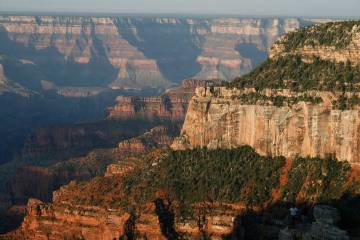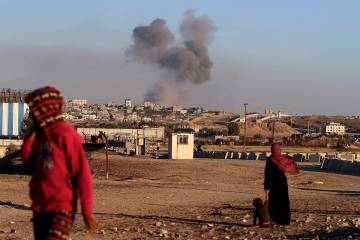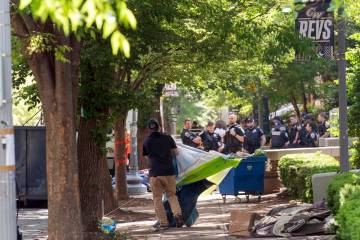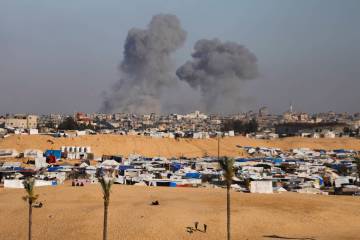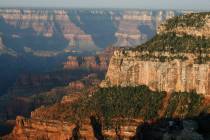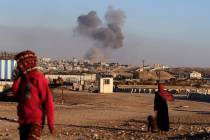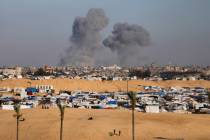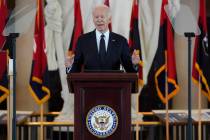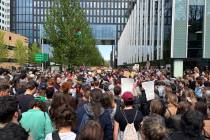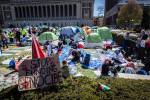North Korea claims it has added a hydrogen bomb to its arsenal
State media indicated Thursday that North Korea has added the hydrogen bomb to its arsenal, a development that, if true, would represent a major leap in its nuclear weapons capabilities.
But outside observers were skeptical, saying that such an advance in the country's nuclear technology seemed unlikely.
Analysts in recent years have believed that North Korea may have been working toward -- but didn't yet have the capability to produce -- a thermonuclear bomb, which can be hundreds of times more powerful than an atomic bomb.
North Korean leader Kim Jong Un made the claim, according to state media outlet KCNA, while touring a historic weapons industry site in the reclusive communist country.
North Korea had become "a powerful nuclear weapons state ready to detonate [a] self-reliant A-bomb and H-bomb to reliably defend its sovereignty and the dignity of the nation," Kim said, according to the KCNA report.
Observers skeptical
Experts have responded to the claim with skepticism.
John Nilsson-Wright, head of the Asia program at Chatham House, said it was "hard to see convincing technical evidence" of Kim's claim, which he believed was the first North Korea had made regarding possessing a hydrogen bomb.
North Korea had previously used plutonium in nuclear tests, one of the elements used in more "small fry" fission weapons such as atomic bombs, Nilsson-Wright said, and a leap to thermonuclear capability would be surprising.
"Since the 1980s there is some evidence to suggest a program of developing highly enriched uranium, alongside plutonium, but it's hard to see how they could have made the leap from that to evidence of a working hydrogen bomb," he told CNN.
Lee Chun-geun, a research fellow at the Science and Technology Policy Institute, shared his doubts.
"It's hard to regard North Korea as possessing an H-bomb. I think it seems to be developing it," Lee said, according to a report by South Korea's Yonhap news agency Thursday.
Hard to assess
However, hard evidence of North Korea's nuclear progress is difficult to come by, Nilsson-Wright said.
Kim's regime generally cloaks its efforts in secrecy and occasionally boasts of advances through propaganda outlets, leaving the rest of the world to attempt to connect the dots.
Nilsson-Wright said such claims were typically made in an "attention-grabbing effort to assert North Korean autonomy and his own political authority" and "enhance its negotiating position with other countries."
North Korea's internationally isolated regime is a heavily militarized state with a huge standing army of 1.2 million active soldiers and 7.7 million reservists.
But its conventional weaponry is dated, with limited effectiveness, and it has looked to developing its nuclear capabilities to project power internationally.
The country declared it had nuclear weapons in 2003, and conducted nuclear tests in 2006, 2009 and 2013.
In May, it said it had the ability to miniaturize nuclear weapons, a development that would allow it to deploy nuclear weapons on missiles. A U.S. National Security Council spokesman responded that the U.S. did not think the North Koreans had such a capability.
David Albright, a former U.N. weapons inspector, told CNN earlier this year that Pyongyang could have 10 to 15 atomic weapons at this point, and that it could grow that amount by several weapons per year.
He said he believed Pyongyang had the capability to miniaturize a warhead for shorter missiles, but not yet for intercontinental ballistic missiles capable of reaching the United States.
A-bomb vs. H-bomb
The atomic bomb — the type dropped by the United States over Hiroshima and Nagasaki, Japan, at the end of World War II — produces a fission reaction, in which a neutron collides with an atom's nucleus, splitting it into two smaller nuclei and releasing energy. Nuclear energy plants use fission to generate electricity.
A hydrogen bomb produces a fusion reaction — the energy source of the sun and the stars — in which colliding nuclei form a new nucleus. Fusion devices produce explosions "orders of magnitude more powerful than atomic bombs," according to the Preparatory Commission for the Comprehensive Nuclear-Test-Ban Treaty Organization.
The Hiroshima explosion in 1945 produced the equivalent of 13,000 tons of TNT, according to the commission. By comparison, the world's first thermonuclear test, conducted by the U.S. in the Marshall Islands in 1952, yielded the equivalent of 10.4 million tons of TNT, a blast 700 times more powerful.
CNN's Jethro Mullen, Kyung Lah, Jung-eun Kim, Lindsay Isaac and Theresa Waldrop contributed to this report.








